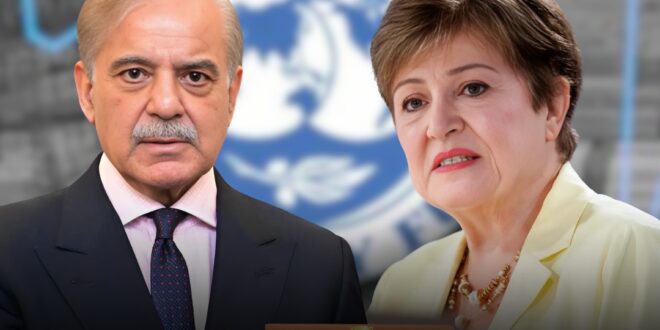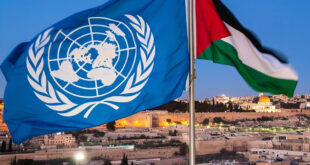A delegation from the International Monetary Fund (IMF) has arrived in Pakistan to conduct a comprehensive review focusing on governance and corruption issues.
This mission aims to provide technical assistance to enhance Pakistan’s reform capacity, with discussions centered on strengthening governance structures and addressing corruption vulnerabilities.
Objectives of the IMF Mission
The primary goals of the IMF delegation include:
Governance and Corruption Assessment: Evaluating the severity of corruption vulnerabilities across six core state functions: fiscal governance, central bank operations, financial sector oversight, market regulation, rule of law, and anti-money laundering and combating the financing of terrorism (AML-CFT).
Budgetary Consultation
Reviewing proposals for the fiscal year 2025-26 budget, focusing on measures to improve tax revenue, control government expenditure, and finalize developmental spending plans.
Recent Developments in Pakistan-IMF Relations
In March 2025, the IMF reached a staff-level agreement with Pakistan on the first review of the 37-month Extended Fund Facility (EFF) and a new 28-month arrangement under the Resilience and Sustainability Facility (RSF), totaling approximately $1.3 billion.
This agreement underscores the IMF’s ongoing support for Pakistan’s economic reform initiatives.
Implications for Pakistan’s Economic Landscape
The IMF’s focus on governance and anti-corruption measures highlights the importance of institutional integrity in achieving sustainable economic growth.
By addressing these areas, Pakistan aims to create a more transparent and efficient economic environment, which is crucial for attracting investment and fostering development.
As the IMF mission engages with Pakistani officials, the outcomes of these discussions are anticipated to shape the country’s fiscal policies and reform strategies, reinforcing the commitment to good governance and economic stability.IMF Conducts Governance Review in Pakistan Amid Economic Reforms.
 Top Trends Blogs
Top Trends Blogs




